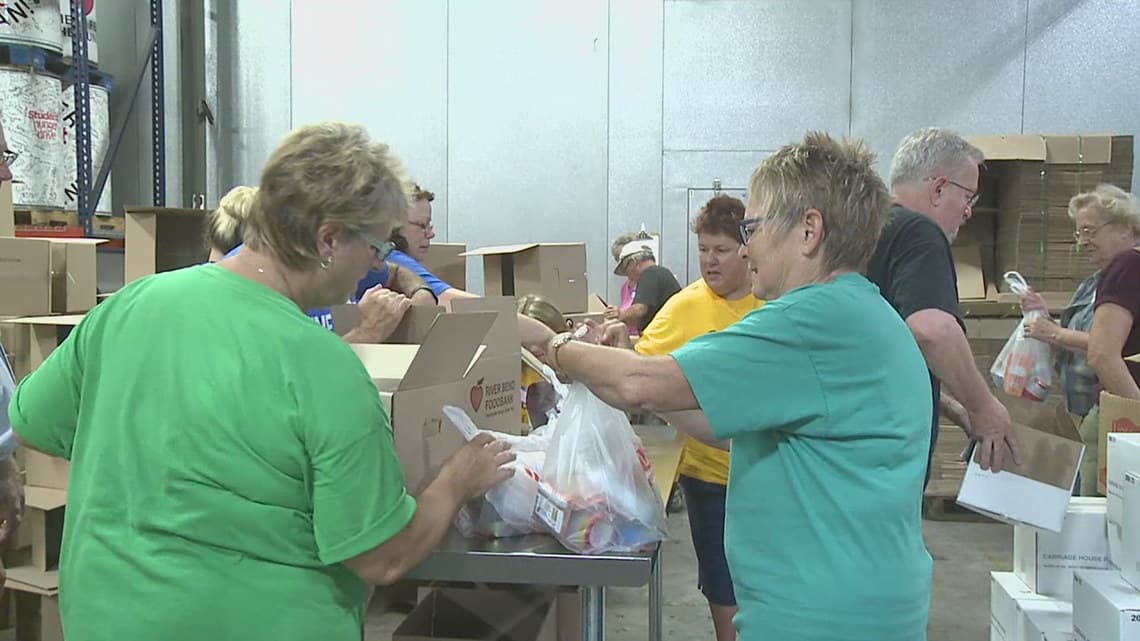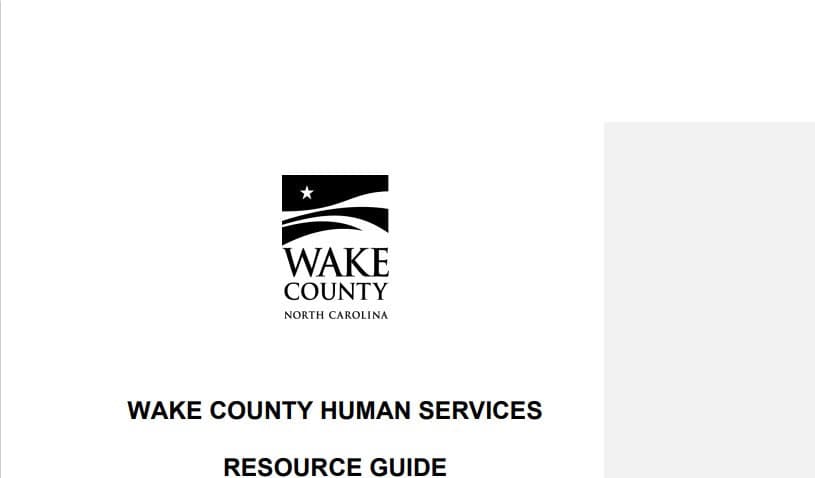Local Leaders Meet to Tackle Rising Food Insecurity in Wake County
On November 6, 2025 the Inter Faith Food Shuttle in Raleigh convened farmers, food banks, national organizations and health care providers to chart long term solutions to growing food insecurity. The meeting matters to Wake County residents because it came amid record demand at Triangle food banks and concerns about interruptions to SNAP benefits during a federal funding lapse.

The Inter Faith Food Shuttle hosted a multi stakeholder conference on November 6 to address mounting pressures on food assistance systems across the Triangle. WRAL reported that the event brought together local farmers, food banks, national organizations and health care providers for a day of sessions aimed at building more durable networks for food procurement, storage and distribution. Organizers framed the gathering as a response to sharply elevated need and acute operational stress among local hunger relief programs.
The conference came as food banks in the Triangle experienced record demand, and as a federal funding lapse raised the prospect of interruptions to Supplemental Nutrition Assistance Program benefits for households. Inter Faith Food Shuttle chief executive Ron Pringle described sessions focused on best practices, partnerships between farmers and food providers, and collaboration with universities on food production. Tri Area Ministry in the Wake Forest area reported unusually high service numbers on one recent day, a local indicator of the broader strain documented in the region.
For Wake County residents the implications are immediate. Nonprofit food distribution networks serve families, seniors and others who rely on consistent access to food and benefits. When demand spikes and federal funding is uncertain, charities must shift resources from longer term investments to meet emergency need. Conference organizers emphasized monetary donations to bolster storage and distribution capacity, signaling that cash contributions can be more effective than in kind donations when agencies need to scale logistics quickly.
The meeting also highlighted market linkages between local agriculture and social safety nets. Sessions on farmer provider partnerships and university collaboration pointed to opportunities for greater local sourcing and cooperative logistics that could stabilize supply chains while supporting regional producers. Building cold storage, expanding coordinated distribution routes and investing in shared processing capacity were discussed as ways to reduce waste and increase the volume of fresh food reaching families.
Policy questions remain central to any durable solution. The federal funding lapse that prompted concerns over SNAP continuity illustrates how national budget decisions transmit to local food systems. A sustained rise in demand for charitable food assistance suggests a need for both federal policy stability and local investments in resilience. For Wake County that will mean continued coordination among governments, health systems, universities, farmers and nonprofits.
In the short term organizers urged the public to consider monetary donations to strengthen storage and distribution infrastructure. Longer term the conference aimed to shift the region from reactive emergency responses to sustained systems that can absorb funding shocks and meet persistent need.


